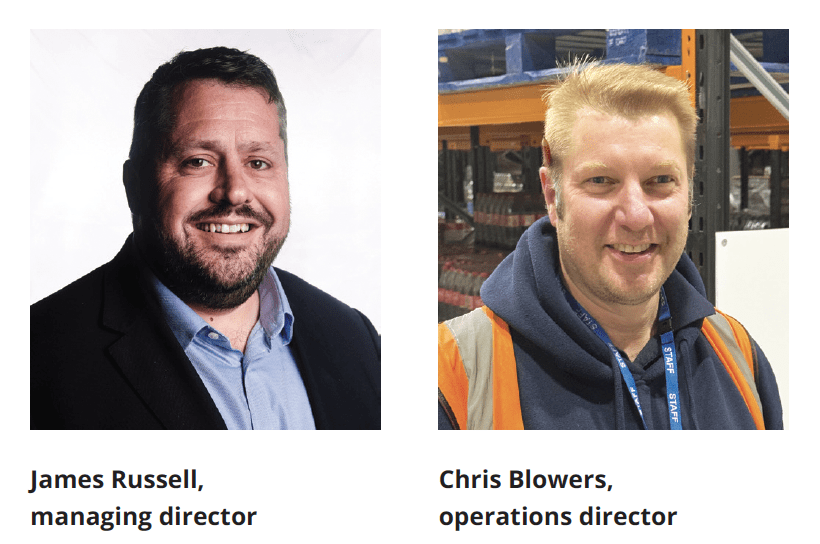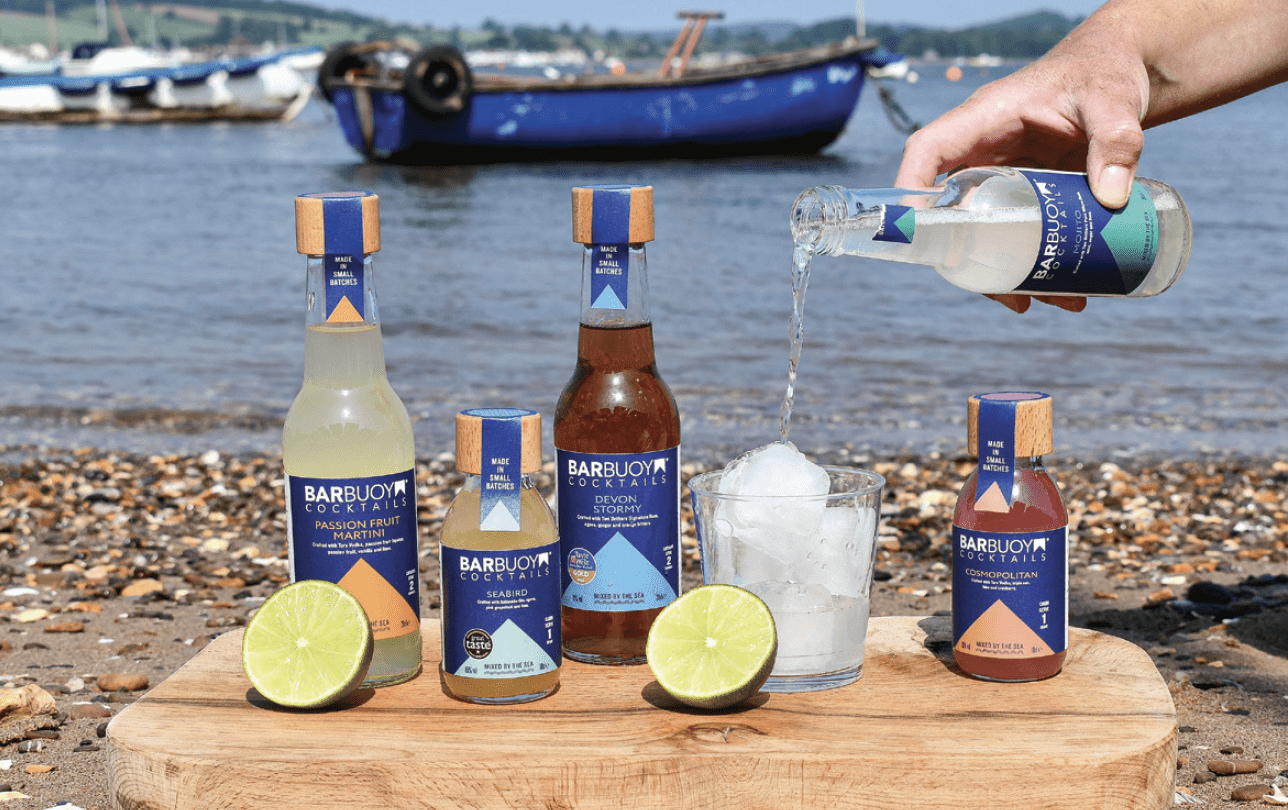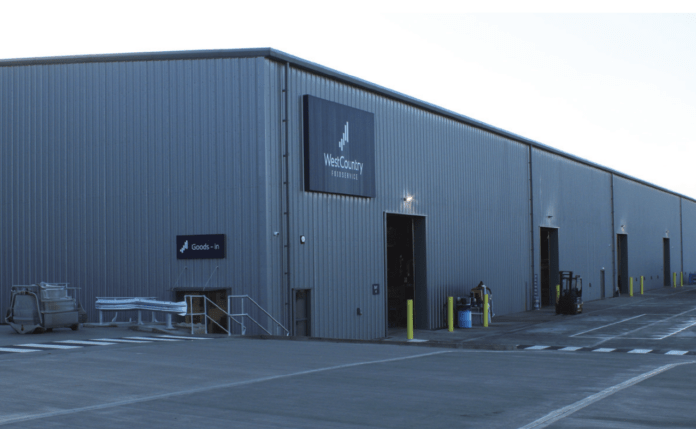Paul Hill visits Westcountry Foodservice’s new £3m Devon facility, and finds out about the merger of the MJ Baker and WestCountry operations
Tell us about the reasons for the merger and what it means for the company.
The principal reason was that Kitwave had acquired two strong businesses, invested in a brilliant new site and saw the opportunities to be realised by bringing them together. Each legacy business has a largely discrete customer set and complementary ranges.
We have a base of around 4,000 customers in Devon, Cornwall and the surrounding counties, which we can now serve more efficiently.
Historically, MJ Baker has focused on the cost sector, whereas Westcountry has been more hospitality-focused, so there are benefits from a range perspective as well as staffing and vehicle use at different points of the year.

For example, when schools are on holiday, this frees up our fleet and staff for peak holiday periods in other sectors outside education. Previously, we had two delivery fleets going into largely the same geographic areas, so our distribution density increases with this move, with more drops per square mile, we’ve got improved efficiency.
What does this new site offer the newly merged company?
This new facility took 18 months to build at a cost of £3m, and there are obvious advantages to moving into a newly built depot.
It significantly increases efficiency through its modern processes, and we are also benefiting from the step changes in refrigeration technology, which will drive down cost and carbon.
Having our full range available on one site, we will also see cost benefits compared with our old multi-site model.
We’ve already seen benefits in moving to scan picking and are trialling voice-pick technology, which we believe will transform picking operations, particularly given our high volumes of individually picked produce lines.
We are working with our teams to harmonise our processes and approaches, and expect to expand the team further to support our growth plans.

What is the digital offering of the new company?
We did a soft launch with Foodservice Online in October and tested it with a select few customers in the first couple of days. Within three days, 30-40 customers had found out about it after an organic, positive word-of-mouth spread.
This new digital offering will complement what I believe makes our proposition unique and that is being able to deliver 13 times a week. This means certain customers can theoretically order by 11pm and have the order in their kitchen by 6am the following morning.
What will be the financial performance of the new company?
The combined revenue of both companies will now be just above £70m. I look at this site here, and it’s capable of supporting a business that is well beyond that in the future.
We don’t have a transient customer base, and if you were to split our customers by west (towards Cornwall) and east (towards Devon), market penetration is high and basket penetration is a little lower in the west, whereas it’s the opposite in the east.
That presents us with a chance to sell more to the existing customer base.
Which customer sectors are you targeting?
Our primary objective is to bring the operations together, deliver efficiencies and synergies, and grow the customer base.
Short-term objectives include ensuring that MJ Baker customers are now getting more fresh fruit and veg, and that Westcountry customers are benefitting from mainline foodservice products and frozen items.
We’re also developing a strong on-trade offering with locally produced artisanal spirits, so there’s an opportunity to grow that and expand our service to pubs beyond traditional foodservice categories.
What would you consider your USP?
I like to think we put the ‘service’ in ‘foodservice’. What has blown me away since I joined is our relationship with local growers.
We work with farmers to give them the capacity to grow and have circular arrangements with them.
Nothing gives me more pride than visiting our customers’ restaurants and seeing servers bring the back story of locally grown ingredients to life at the table.
It’s a beautiful story and not something you normally get from a major foodservice business.
How have your sustainable credentials improved since moving into this new facility?
We know that by increasing distribution density and vehicle use we’ll see an immediate benefit with a significant reduction in vehicles on the road and food miles being seen from day one.
We are also maximising our photovoltaic (PV) panel coverage, and have seen the benefits in our Falmouth depot, which often doesn’t use the grid during the day.
The Country Range group is proactive in supporting members on their Net Zero plan and are helping us measure, plan and benchmark ourselves, which will help us to further reduce our Scope 1 and 2 emissions.

What do you think the potential is for Westcountry Foodservice and the Kitwave Group in the long term?
The Kitwave growth story and ambition is compelling. It’s a business that doesn’t want to stand still and aims to grow and deliver for our shareholders. We believe that by building our strengths and capability, we can drive significant growth in our immediate region and beyond.
The Creed acquisition surprised a few people in the market, and helps cement our national-challenger status. I’m excited about the opportunity for us to realise that potential.








